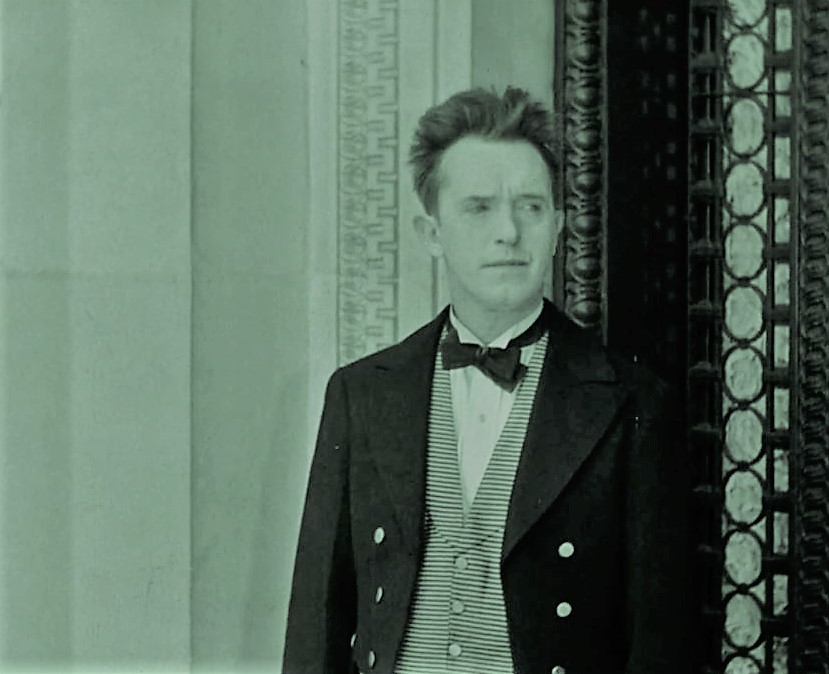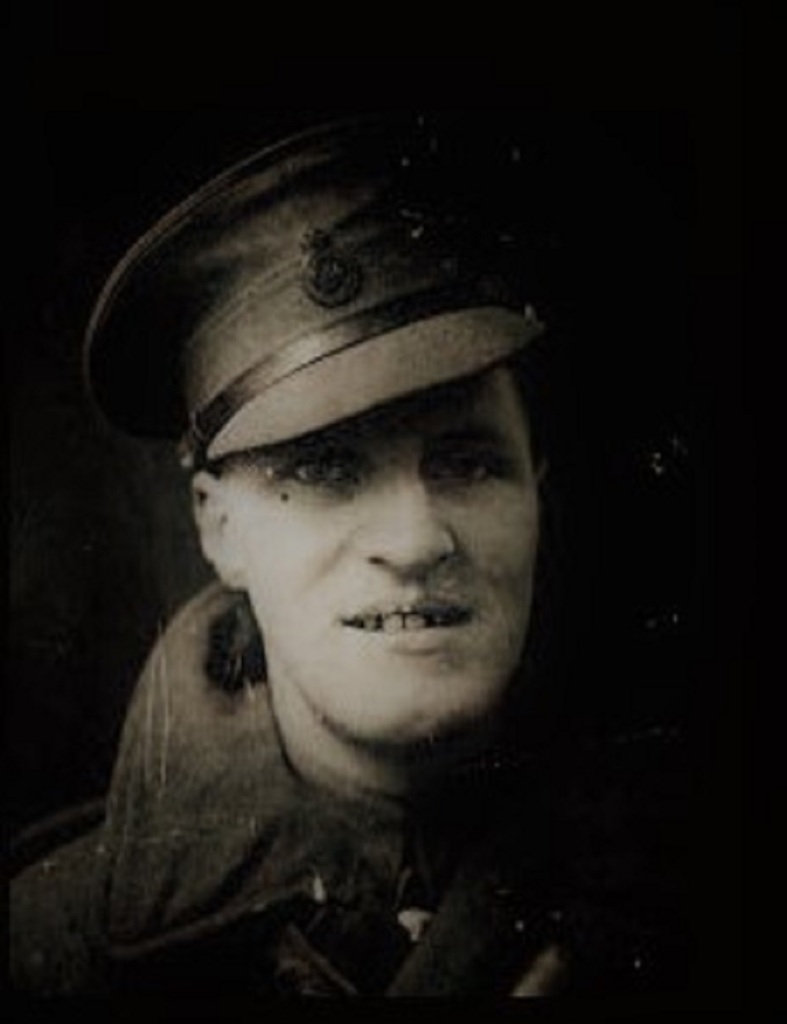
The key to good comedy is timing, someone once said. If that is the case John Cleese and Connie Booth must have the best sense of timing ever.
As the title suggests I am talking about ‘Fawlty Towers’ although it may seem there were hundreds of episodes, there were in fact only 12, spread over 2 seasons.
The first episode of Fawlty Towers aired on 19 September 1975. Audiences were keen to see what John Cleese would do after Monty Python, but at first the situation comedy received some less than enthusiastic reviews. However the strength of the writing and casting – with Cleese as hotelier Basil Fawlty – ensured the series was a great success.
The series is set in Fawlty Towers, a fictional hotel in the seaside town of Torquay on the English Riviera. The plots centre on the tense, rude and put-upon owner Basil Fawlty (Cleese), his bossy wife Sybil (Prunella Scales), the sensible chambermaid Polly (Booth) who often is the peacemaker and voice of reason, and the hapless and English-challenged Spanish waiter Manuel (Andrew Sachs). They show their attempts to run the hotel amidst farcical situations and an array of demanding and eccentric guests and tradespeople.
The idea of the show came from Cleese after he stayed at the Gleneagles Hotel in Torquay, Devon in 1970 (along with the rest of the Monty Python troupe), where he encountered the eccentric hotel owner Donald Sinclair.

Stuffy and snobbish, Sinclair treated guests as though they were a hindrance to his running of the hotel (a waitress who worked for him stated “it was as if he didn’t want the guests to be there”). Sinclair was the inspiration for Cleese’s character Basil Fawlty.
Fawlty Towers was written by Cleese with his wife Connie Booth. The shows were intricately plotted farces, and no dialogue was written until the plot had been finalised. The ensemble cast included Prunella Scales as Basil’s wife Sybil, and Andrew Sachs as the well-meaning but incompetent waiter Manuel. Booth provided an important element of sanity and calm as Polly the chambermaid.
Only 12 half hour episodes were ever made. The decision to stop making Fawlty Towers when it was at its creative height, leaving a distinct legacy, inspired later comedians such as Ricky Gervais. In 2000 Fawlty Towers was voted the best British television programme of all time in a BFI poll, above Cathy Come Home and Doctor Who.
There are so mamy hilarious moments I could pick, but this is my favourite. Who has never heard the expression “Don’t mention the war”
sources
https://www.bbc.com/historyofthebbc/anniversaries/september/fawlty-towers/




You must be logged in to post a comment.